Controversial issues
The legacy of the past and its impact on the present, as well as the process of interpretation by which accounts of the past are constructed, mean that many topics studied in history may carry an emotional charge. Certain events or developments may have a particular relevance – or resonance – for some young people and their communities, but carry different overtones (or none at all) for others. This section contains advice and resources for teachers who are tackling potentially sensitive topics that may generate emotionally charged responses and explores the issues that may arise as topics studied in the classroom intersect with personal, family and community histories. The materials here will help teachers to reflect carefully on the appropriateness of their objectives and to develop effective teaching strategies for promoting sensitive and productive kinds of discussion, especially when both the past and its implications for the present are disputed. They highlight the risks involved and the ways in which they can be mitigated, and include guidance and advice related to the Prevent Strategy.
-
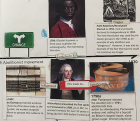
Unravelling the complexity of the causes of British abolition with Year 8
ArticleClick to view -

Voices from Rwanda: when seeing is better than hearing
ArticleClick to view -
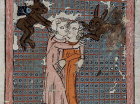
What Have Historians Been Arguing About... gender and sexuality
ArticleClick to view -

What Have Historians Been Arguing About... migration and empire
ArticleClick to view -

What have historians been arguing about... decolonisation and the British Empire?
ArticleClick to view -
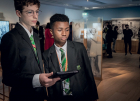
Why do we continue to study the Holocaust?
ArticleClick to view -

You are members of a United Nations Commission...' Recent world crises simulations
ArticleClick to view -
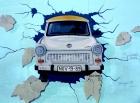
‘If you had told me before that these students were Russians, I would not have believed it’
ArticleClick to view -
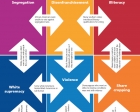
‘Its ultimate pattern was greater than its parts’
ArticleClick to view -
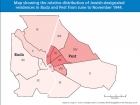
‘It’s kind of like the geography part of history, isn’t it, Miss?’
ArticleClick to view

